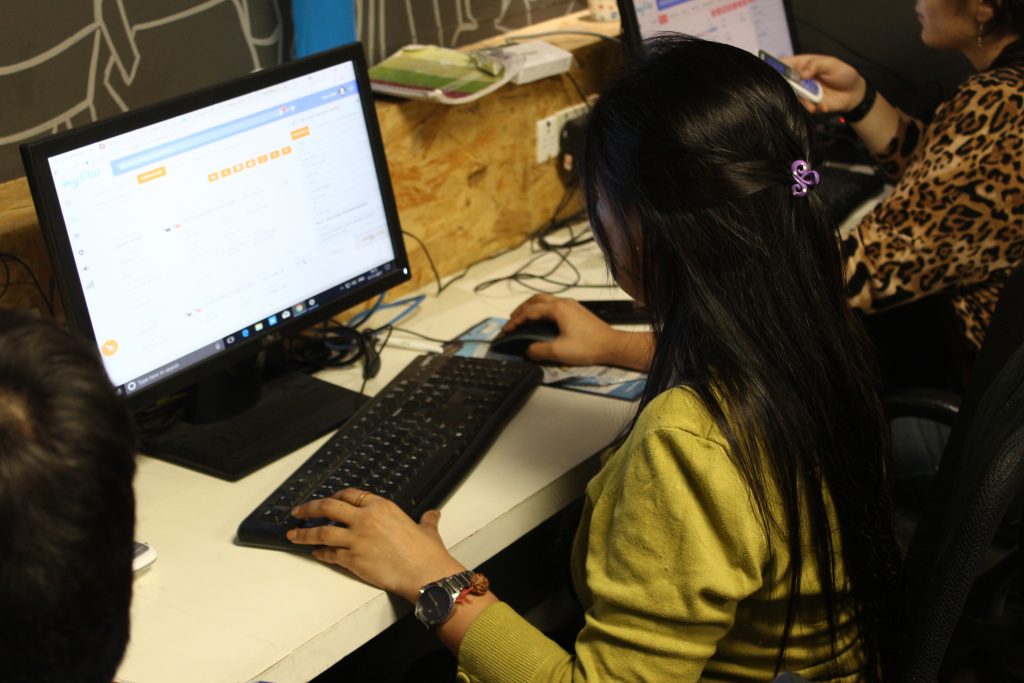What is Authenticity? In my work as a business and success psychologist, I help entrepreneurs overcome fear and advance their careers. I’ve discovered they all share a single, defining characteristic that became a turning point in their success.
Once they embraced their natural gifts and true identity, their businesses took off.
For some, this meant they came to terms with long-lost passions and decided pursuing them was more fulfilling than playing it safe. Some had to untangle tightly-woven relationships and let go of people they’ve collected over the years — people who no longer enhanced their lives, or who created drama, turmoil, and chaos.
But in every case, once they aligned their identity, image, actions, and values — who they are, how they appear, and how they behave — they achieved greatness.
Authenticity is the willingness to be seen
Most of us have spent a lifetime developing psychological armour to protect ourselves from the slings and arrows of our critics.
Perhaps we’ve become “people pleasers,” chiding ourselves each time we hesitate, and consistently waiting for permission. Maybe we started to believe being accepted by a group — any group — is better than being alone.
“If only I had the guts to say what I really think, and do what I really want.”
“I just wish I didn’t care so much about what everyone thought.”

Letting it all hang out?
Authenticity doesn’t mean you have no standards — it’s not about showing your worst self, or being crude, crass, impolite, vulgar, or unpolished.
It means being true to what you value and showing up as your best self, appropriate for the occasion.
For example.
I live in southern California and we wear flip flops. A lot. Even if I’m walking the dog wearing a parka, I’ll probably still have on flip flops. But I’m not going to wear them to a business meeting. Not because I’m being inauthentic, but because it’s just not appropriate to the occasion.
To be authentic, you must be willing to be vulnerable.
And that can be scarier than almost anything else but it’s also the way you’ll stop feeling like an imposter and create some of your most powerful connections.
Despite what you may believe about vulnerability, it is the birthplace of your greatest strength. It is not a weakness — it is an emotional risk and that in itself is a form of true courage.
It lets you stop trying to impress someone and start to connect with them.
Risking exposure of our real identity means we allow ourselves to be seen. In so doing, we give others a way to relate to us in a way that is meaningful. Others can identify with us and that allows them to know they are not alone.
Why bother?
When you embrace who you really are, you will find a new sense of freedom, boundless energy, and the opportunity to maximize your potential.
But the most important reason to release your attachment to pleasing others is that not being “true to you” keeps you stifled, causes you to play small, and holds you back from fulfilling your greatest potential.
Isn’t it Risky to be Authentic?
Of course, it is — to be authentic, you must deliberately choose to go against the accepted norm. Because of that, you will be judged, ridiculed, and mocked. You may experience loss, including people you think you value but who are keeping you trapped in a charade.
It’s a basic human need to want to “fit in,” just think back to the cliques in school. But when we try to fit in with the wrong group we become nothing more than a persona — it’s a charade, a trap, and it is exhausting.
The Right Fit
If you’ve ever felt like you didn’t fit in, you were probably trying to belong to a group of people whose interests and values were unlike your own. To feel at home, you must do two things:
- Gravitate toward those people who already share your true interests and values.
- Define the centre of your own group and attract others to it.
I belong to a Facebook group about birds. That’s not for everyone (and certainly wasn’t for me back in my 20’s!) but it is for me now and I love it. The people in the group are clever, intelligent, upbeat, and make me smile. We share a love of birds and so the group is a “fit” for me.
If you like stamp collecting, square dancing, woodworking, mystery novels, microbreweries, skeet shooting, antiques, horticulture, studying the genome or anything else the mean girls might mock, go find the other people that love that stuff too.
You’re not wrong, you’re just with people who can’t appreciate you. It’s exhilarating to be others who value you for exactly who you are and what you like.
Conclusion: The Bottom Line
How will you know? You’ll know you found others who value the same things you do when
- you feel like you can exhale
- you don’t have to be on your guard
- your thoughts, opinion, humour, ideas, and interests are applauded, not demeaned.
Take Some Time to Reflect
List 5 people you are trying (or still trying!) to please or whose approval you continue to seek.
- What would your life be like if they were no longer in your life?
- What would be different or better?
- What would you change?
- What interests, work, hobbies, or habits would you pursue?
- What would you no longer be afraid to try or to tell people?
You may also like,






